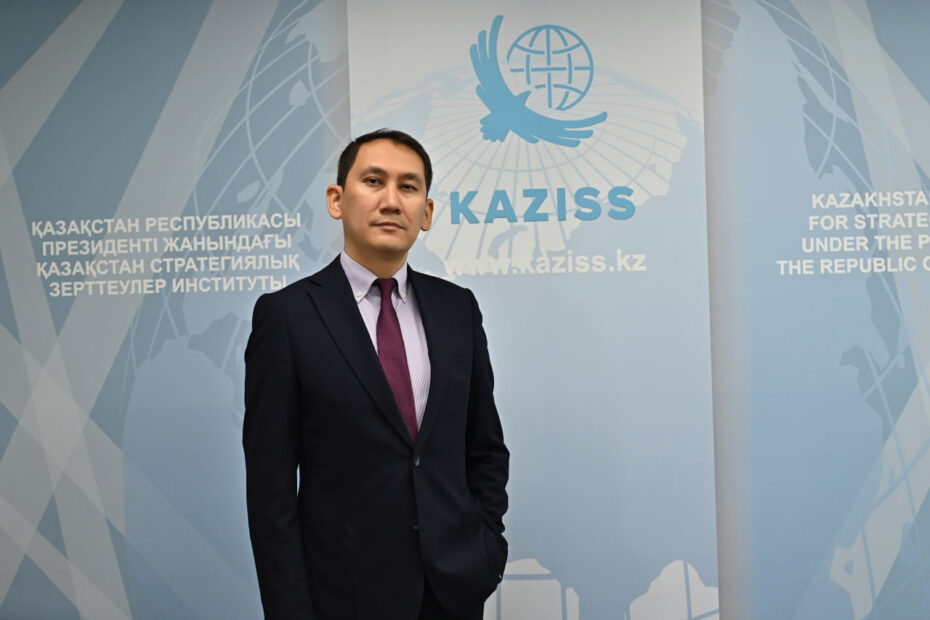On August 9, Astana will host the 6th Consultative Meeting of the Heads of State of Central Asia. This event is expected to be significant for the region’s development and will determine the future dynamics of multifaceted cooperation.
The summit is planned to adopt the “Central Asia-2040” Regional Cooperation Development Strategy. This conceptual document has been developed to expand five-sided interaction and strengthen the international subjectivity of Central Asia.
The event will also focus on issues related to the development of cooperation, stability, and security in the region, including trade and economic partnerships, and the development of transport and logistics infrastructure.
Consultative meetings of Central Asian leaders have been held since 2018 and have evolved from a tradition into a constructive platform for regional cooperation and development, with joint actions to address common challenges. Notably, the first meeting was held in Kazakhstan, in Astana. Today, there is a pressing need to organize a working body for annual high-level meetings.
It is important to note that in recent years, the level of cooperation among Central Asian countries has significantly increased, with enhanced interaction both within the region and in the “C5+1” format.
Regional relations have gained greater priority, and new heights in partnership have been reached. For instance, agreements on allied relations have been signed and expanded with Kyrgyzstan, Tajikistan, and Uzbekistan.
Interaction is expanding not only in political but also in trade, economic, investment, transport, communication, environmental, water-energy, and humanitarian spheres. In the past 10 years alone, mutual trade among the countries in the region has increased 2.5 times, reaching nearly $11 billion, with our exports accounting for $5.5 billion.
Overall, strengthening regional cooperation and improving the investment climate are becoming key factors for the development of economic cooperation and the business environment in Central Asia.
Alisher Tastenov, Chief Expert of the Department of Asian Studies at KazISS under the President of the Republic of Kazakhstan


